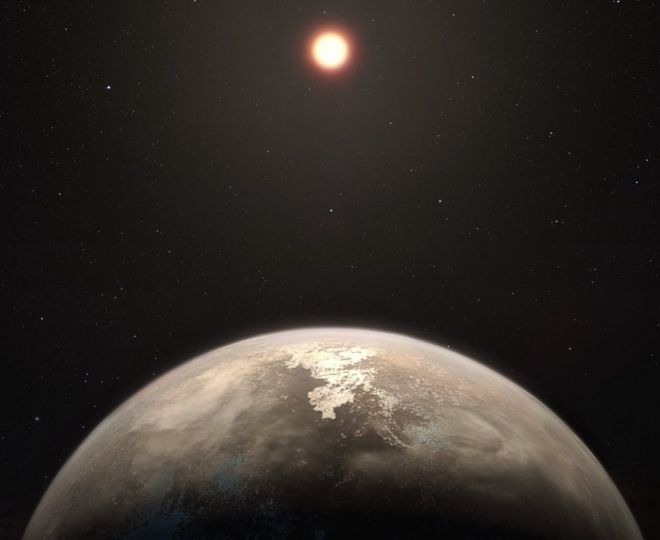
And most don’t think life will be found on an exoplanet by 2040. From Alexandra Witze at Nature:
It turns out that water worlds may be some of the worst places to look for living things. One study presented at the meeting shows how a planet covered in oceans could be starved of phosphorus, a nutrient without which earthly life cannot thrive. Other work concludes that a planet swamped in even deeper water would be geologically dead, lacking any of the planetary processes that nurture life on Earth.
“Habitability is not only about finding the signature of an alien life form taking a deep breath,” says Elizabeth Tasker, an astronomer and exoplanet researcher at the Japan Aerospace Exploration Agency’s Institute for Space and Aeronautical Sciences in Sagamihara. It’s also about how a planet’s geology and chemistry interconnect to create a welcoming or hostile environment, she says — complicating the search for extraterrestrial life.
…
Instead of instinctively studying such water worlds, Tasker says, astronomers need to think more deeply about how planets have evolved through time. “We need to look carefully at picking the right planet,” she says.
…
Towards the end of the Laramie meeting, attendees voted on whether scientists will find evidence of life on an exoplanet by 2040. They were not optimistic: 47 said no and 29 said yes. But a greater share was willing to bet that life would be found on another world in the 2050s or 2060s. More.
If water worlds, said to be “easy to make” are not promising, why should we be optimistic about others?
One would think that Earth was fine-tuned or something, but we are not allowed to think that any more. Evidence is not a thing.
Meanwhile, from the BBC, we get a more traditional story:
The properties of this newly discovered planet – called Ross 128 b – make it a prime target in the search for life elsewhere in the cosmos.
At just 11 light-years away, it’s the second closest exoplanet of its kind to Earth.
But the closest one, known as Proxima b, looks to be less hospitable for life.More.
Is there something we are missing here?
See also: Researchers: Water flow on Mars turns out to be sand and dust Mars is so close to Earth that it benefits from some features that enable life on Earth. Dashed hopes for Mars probably reduce the chances for similar exoplanets in galactic habitable zones.
“Behold, countless Earths sail the galaxies … that is, if you would only believe …”
Don’t let Mars fool you. Those exoplanets teem with life!
and
What becomes of science when the evidence does not matter?